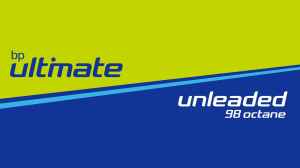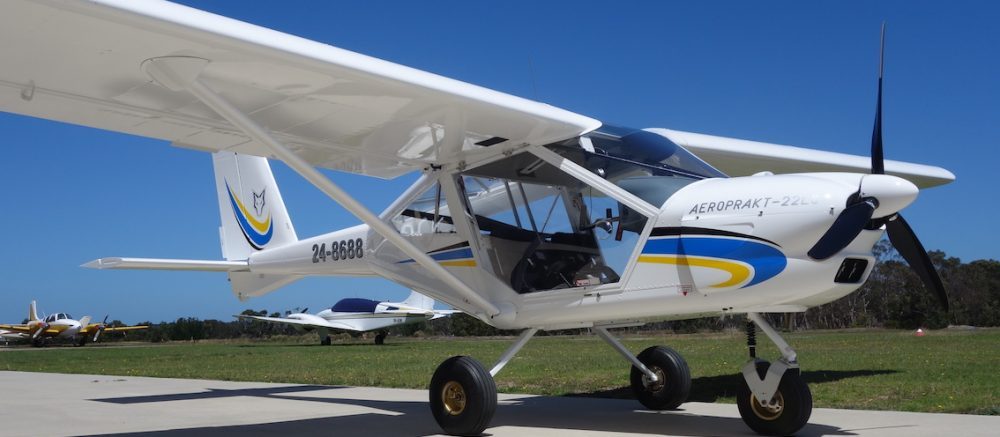 Just recently, I have heard stories of rough running Rotax engines. This has been traced on several occasions to problems with the carburettors. It appears that the plastic floats in the carburettors are slowly dissolving in the fuel, causing them to become porous and cease to float! Equally dangerous, small parts of the floats are breaking off and blocking the carburettor jets. I looked at a couple of these floats and sure enough, they were soft and spongy to the touch and there were tiny pieces of black material in the bottoms of the float bowls.
Just recently, I have heard stories of rough running Rotax engines. This has been traced on several occasions to problems with the carburettors. It appears that the plastic floats in the carburettors are slowly dissolving in the fuel, causing them to become porous and cease to float! Equally dangerous, small parts of the floats are breaking off and blocking the carburettor jets. I looked at a couple of these floats and sure enough, they were soft and spongy to the touch and there were tiny pieces of black material in the bottoms of the float bowls.
Rotax recommends the use of unleaded automotive fuel – ‘mogas’ – in their 912 series engines. The fuel must have a minimum 95 octane rating for use in the 100hp 912ULS and 912iS models,.
You can also use 100LL aviation fuel – ‘avgas’ – in your 912 if you have to, but you’ll need to change the oil more frequently to help mitigate the effects of lead build up on the valves and other parts of the engine.
All fuel companies use petroleum blends to increase the octane rating of their fuels. Originally the main octane raising additive was lead but this has been phased out for automotive applications, although lead remains in use for aviation fuel. Significant octane-increasing additives in unleaded fuels include ethanol and toluene, both of which work well but they do have their limitations in some applications.
 Generally, the more ethanol or toluene, the more the octane rating is increased. However, this is not a golden rule and some high octane ‘low aromatic’ fuels – like BP Ultimate 98 – do not contain ethanol and have a low levels of aromatics such as toluene.
Generally, the more ethanol or toluene, the more the octane rating is increased. However, this is not a golden rule and some high octane ‘low aromatic’ fuels – like BP Ultimate 98 – do not contain ethanol and have a low levels of aromatics such as toluene.
Both ethanol and toluene can affect rubber and plastic components in the fuel system. Toluene also has a high carbon content that may lead to sooty spark plugs – so don’t assume that this indicates an overly-rich mixture.
So it seems some unleaded fuels which contain substantial ethanol and/or toluene levels may be having a negative impact on plastic and rubber components in your engine!
Rotax recommends fuel with no alcohol additive for their engines but has approved the use of up to 10% ethanol in fuel. They do not mention toluene anywhere in their technical information. Your airframe manufacturer may or may not have approved the use of ethanol in any proportion. This is important to note, as the fuel tanks, fuel lines and auxiliary pumps they install could be affected.
My feeling? Stick with fuel that has no alcohol and meets at least the minimum required 95 octane for the 912ULS and 912iS engine. The higher the octane, the more likely it is to include higher levels of additives. Certainly, steer clear of any premium unleaded quoted at 100 octane or at least check if it has ethanol in the product. And maybe it’s a good idea to stick with the well known big brand name fuel distributors rather than fuels from an unknown source, that is, until we get more of a handle on the exact nature of the problem. They may be a cent or two more expensive but in my opinion, that’s a small price to pay for some peace of mind!
